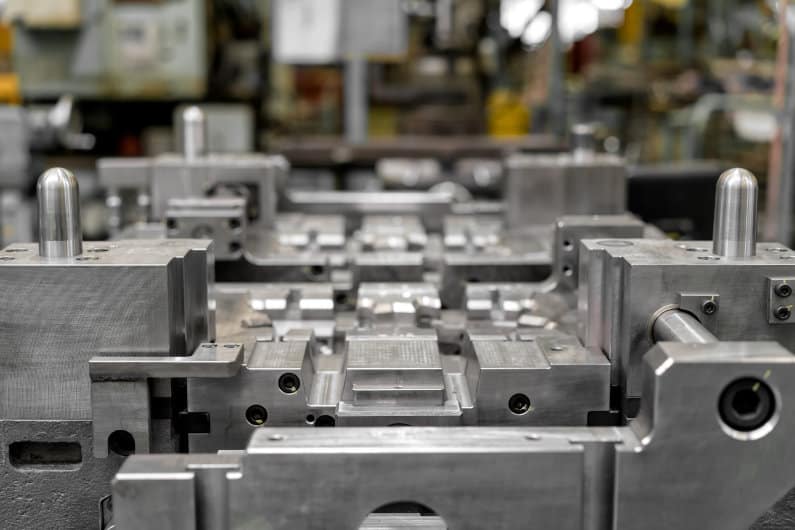Alloy and aluminum are two materials that have become increasingly popular in many industries today. While they share some similarities, they differ in several aspects. Understanding the differences between alloy and aluminum is crucial for anyone looking to select the best material for their project. In this article, we will explore the differences between alloy and aluminum, their applications, and the benefits that each material offers.
Composition and Properties
Alloy is a mixture of two or more metals that have been combined to form a new substance with improved properties. The properties of an alloy depend on the type of metals used and the proportion in which they are mixed. For example, brass is an alloy made of copper and zinc, while stainless steel is an alloy of iron, carbon, and chromium. Alloys are often stronger and more durable than pure metals, making them ideal for use in applications that require strength and resilience.
Aluminum, on the other hand, is a pure metal that is lightweight, malleable, and corrosion-resistant. It is commonly used in applications that require a material that is both strong and lightweight. Aluminum is also an excellent conductor of electricity and has a high thermal conductivity, making it ideal for use in the electrical and electronics industries.
Applications
Alloys are used in a wide range of applications, including construction, aerospace, and automotive industries. They are used to make parts that require strength and durability, such as engine components, aircraft parts, and structural components. Alloys are also used in the production of jewelry, musical instruments, and medical devices.
Aluminum, on the other hand, is used in the manufacture of aircraft parts, automobile parts, and consumer electronics products. It is also commonly used in the construction industry to make windows and doors. Aluminum’s lightweight properties also make it an ideal material for making packaging materials, such as cans, foils, and containers.

Benefits
One of the main benefits of using an alloy is that it combines the best properties of two or more metals to form a new material that is stronger and more durable than the individual metals. Alloys also have improved resistance to corrosion, wear, and fatigue, making them ideal for use in harsh environments. Additionally, alloys can be tailored to meet specific requirements, such as high-temperature resistance or biocompatibility.
Aluminum, on the other hand, is lightweight, corrosion-resistant, and easy to work with. It is also recyclable, making it an eco-friendly choice. Aluminum’s high strength-to-weight ratio makes it an ideal material for use in applications that require a lightweight yet strong material.
Conclusion
In conclusion, alloys and aluminum are two materials that have different properties and applications. Alloys are a combination of metals that offer improved strength and durability, while aluminum is a lightweight, corrosion-resistant metal that has high thermal and electrical conductivity. The choice of material largely depends on the specific needs of the application. By understanding the differences between alloy and aluminum, you can make an informed decision when selecting the best material for your project.
-

- ขายส่ง Magnesium Alloy Baby Cycle สำหรับ 3 ถึง 5 ปี 12 Inch Kids Cycle OEM ราคาถูก
-

- Magnesium alloy die-casting Auto parts Front bumper Anti-collision beam
-

- Mangensium alloy die-casting Thixomolding metal brakets
-

- Custom-made die casting parts&comopnents for bicycle suspension fork for MTB
-

- parts&comopnents for bicycle suspension fork for MTB
-

- OEM high pressure die casting magnesium alloy frame for bicycle

 0086-750-5616188
0086-750-5616188 +86 13392089688
+86 13392089688 sales@zhongmei-tech.com
sales@zhongmei-tech.com







